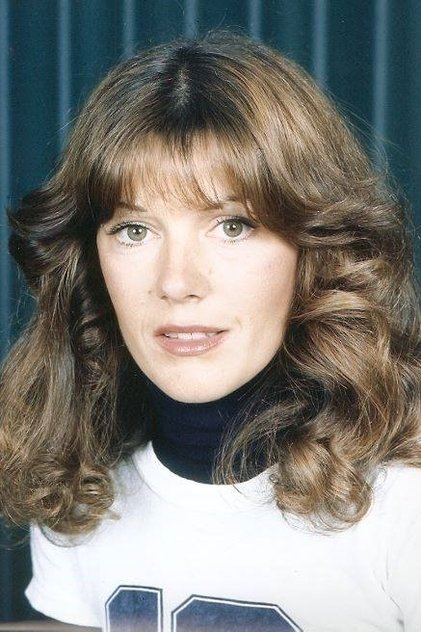

Caterina Caselli
Birthday
April 10, 1946 (79 years)
Place of Birth
Modena, Emilia-Romagna, Italy
Known For
Acting
Biography
Caterina Caselli (born 10 April 1946) is an Italian record producer, music executive, singer and bass player. Caselli was born in Modena but grew up in Sassuolo. She started her music career by playing bass in local clubs. In 1966 she debuted in the Sanremo Festival with "Nessuno mi può giudicare", a song discarded by Adriano Celentano, scoring a notable success. It sold over one million copies, and was awarded a gold disc. Caselli also had considerable success with an Italian cover of the David McWilliams song "Days of Pearly Spencer" called "Il volto della vita". Her first album, Casco d'oro (Golden Bob), was titled after a nickname given to her by the music press. In 1966 she scored another domestic hit with the song "Perdono”. In 1968 Caselli enjoyed further success with a dynamic version of the Paolo Conte-penned tune “Insieme a te non ci sto più". In 2006, Caselli recorded a new version of the song for the soundtrack of the Michele Soavi's neo-noir film The Goodbye Kiss. This version won the David di Donatello Award for Best Song. In 1970 she married Piero Sugar, head of her music label CGD. Caselli started working with her husband, eventually becoming president of Sugar Music, and retired from her performing career. She discovered and recorded artists such as Andrea Bocelli, Giuni Russo, Elisa, Negramaro and Piccola Orchestra Avion Travel. In 1983 she was lured out of retirement when she agreed to record "Amico è" with Dario Baldan Bembo. The song peaked at number 5 in the Italian charts.
Caterina Caselli Movies & TV-shows on Netflix
Movies with Caterina Caselli
Ennio
Feb 17, 2022
Tutti giù per terra
Apr 24, 1997
Perdono
Dec 6, 1966
Quando dico che ti amo
Aug 17, 1967
No One Can Judge Me
May 27, 1966
Play-Boy
Aug 7, 1967
Io non protesto, io amo
Mar 21, 1967
Paolo Conte, Come Away with Me
Sep 28, 2020
Franco Battiato - La voce del padrone
Nov 28, 2022
L'immensità (La ragazza del Paip's)
Aug 7, 1967
Una ragazza tutta d'oro
Aug 17, 1967
Il professor Matusa e i suoi hippies
Jun 11, 1968